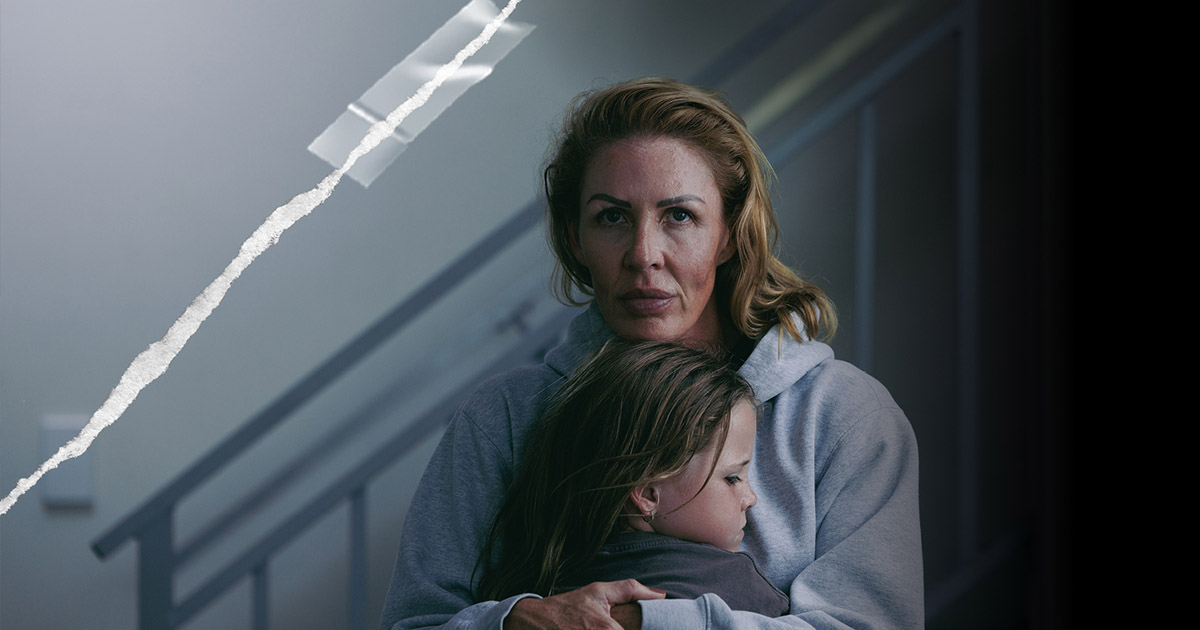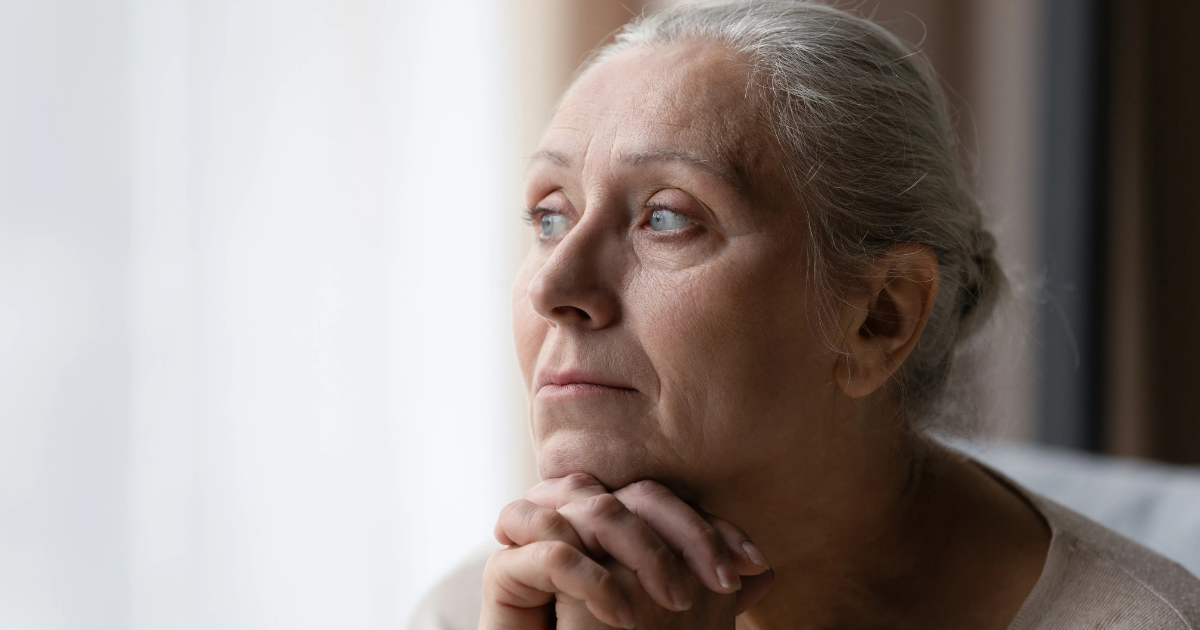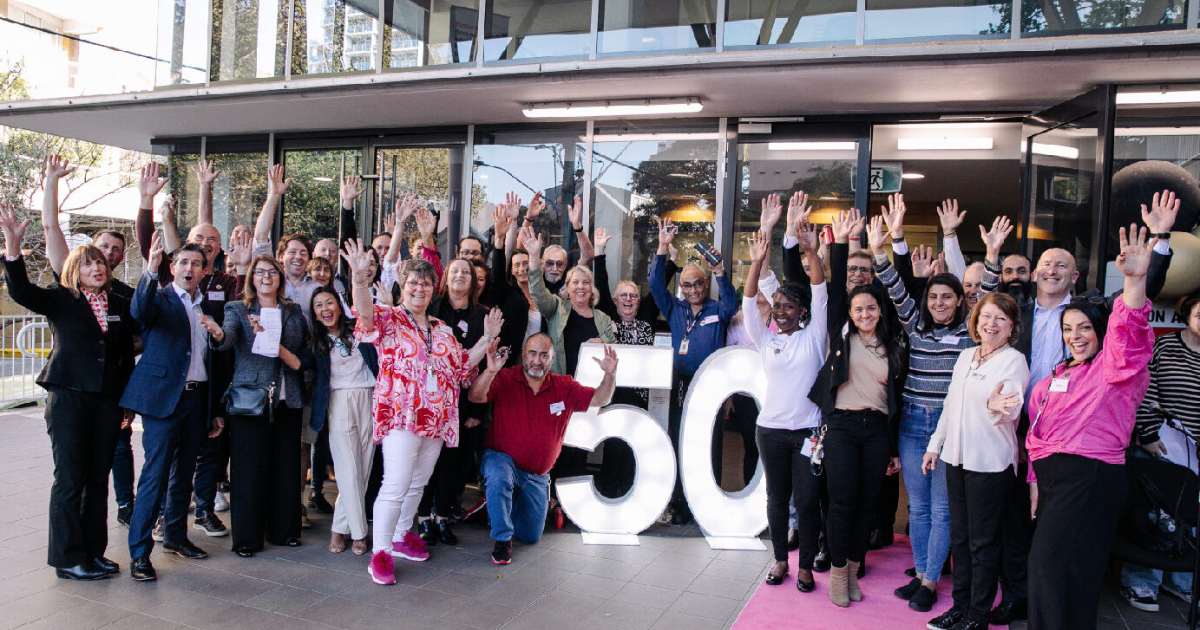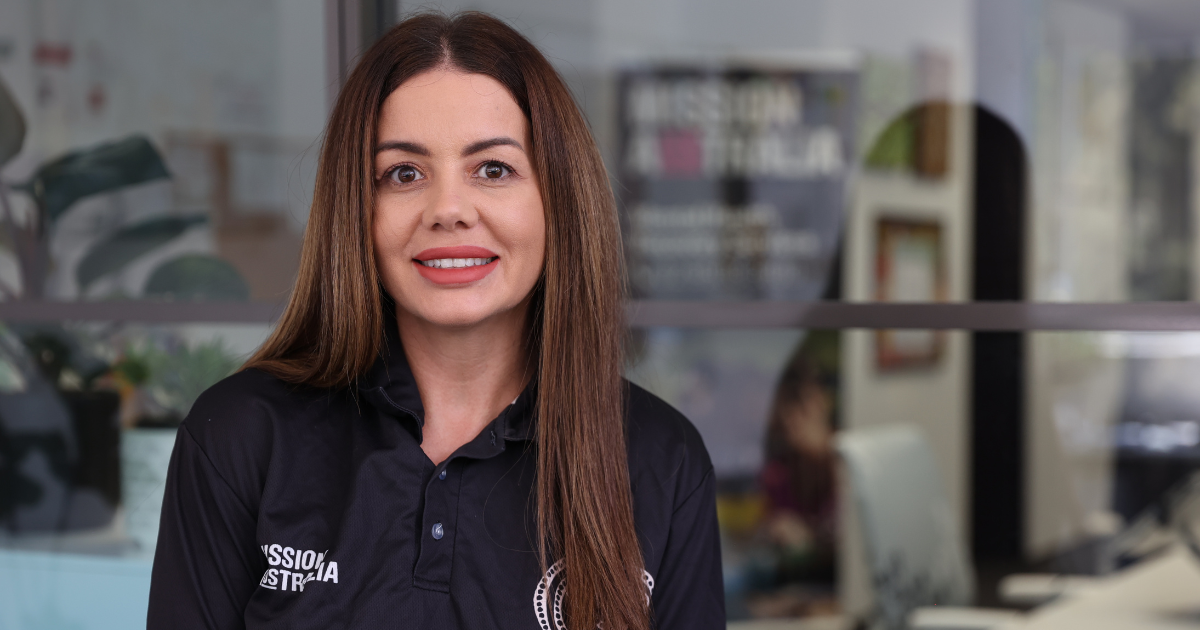Shining a light on domestic violence
- Details
Tasi Moala, a Program Manager at one of our vital women’s services, gives us an insight into her work with women escaping domestic and family violence.
Domestic and Family Violence Prevention Month is held each May to raise community awareness of the social and personal impacts of domestic and family violence (DFV) and the support available to those affected. Importantly, the month also promotes a clear message of zero tolerance of domestic violence.
Tasi Moala is a Program Manager at Inner City Women’s Services, based in Sydney. We asked her to give us an insight into the work her team do with women impacted by DFV.
What support does your program offer to women?
Inner City Women’s Services provides transitional accommodation, intensive case management support, information and referrals to women leaving violent homes.
What proportion of the women who are referred to your service have been affected by DFV?
I would say at least 85% of the women that we support present as homeless or at risk of homelessness as a result of DFV. The DV may be a recent issue or could have occurred a while ago, but a lot of the time the women we work with are still recovering from trauma which has resulted in homelessness, mental health issues and financial instability.
What do you find most challenging about the work you do?
The most challenging part of the role is the lack of safe, affordable housing for homeless single older women. Sadly, we experience a lot of requests for support and accommodation for older women over the age of 40 who are homeless with limited financial support or employment history to be able to rent privately. Our accommodation and support services, Yaralla Cottages exist to meet this need - but we need more to meet the demand.
What’s the most rewarding part of what you do?
The most rewarding part of the role is seeing a woman who has experienced a history of DV and homelessness find a permanent place to call home, and support her to stay safely in her home. It’s also amazing to see women empowered to take charge of their own lives by focusing on their abilities and strengths.
Can you share an example of the impact the program has had on women?
Jane bravely escaped a long term relationship having experienced domestic violence at the hands of her partner for many years. She couldn’t afford a private rental property so facing homelessness, she stayed with her son and his family. But after a while, she left due to overcrowding and sought accommodation in a refuge. From there, Jane was referred to Mission Australia’s Yaralla Cottages transitional housing program.
As a result of the domestic violence, Jane was diagnosed with anxiety and depression and on entering our program also presented with a myriad of physical health and financial issues.
Our caseworkers set Jane up with a plan to help overcome the difficulties she faced. Regular appointments with a psychologist assisted with her mental health, she completed a Work Development Order program to help pay off various debts she’d accumulated and she was referred to a local church where she attended English classes. As Jane’s son is her primary carer, our caseworkers worked closely with him to determine Jane’s ongoing support needs.
When Jane indicated she was ready to find independent housing longer term, we liaised with a women’s housing company and were successful in finding a home suited to her needs. Jane continues to receive outreach casework support as she transitions towards independent living.
Related news and stories
Read about what we’ve been working on, our stance on important social issues and how you make a difference to vulnerable Australians' lives.

Three priorities at the 2025 Federal Election

From fear to freedom: Cass’ story

Women helping women: Karla’s story

Helping older women find safe homes

Celebrating 50 years of helping people in Surry Hills

